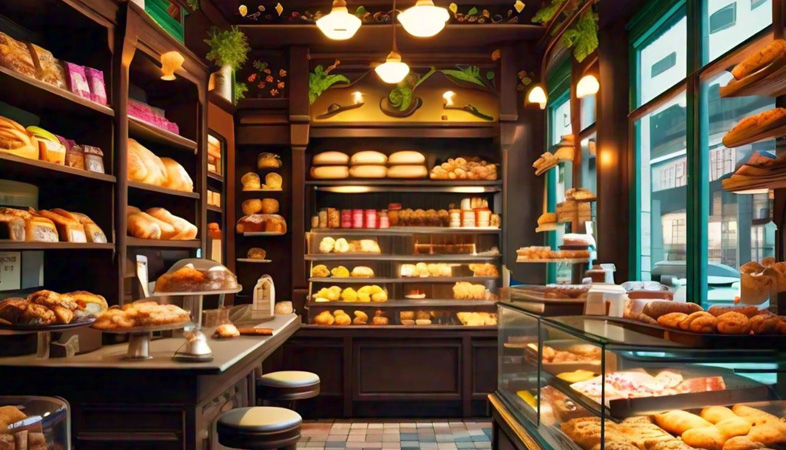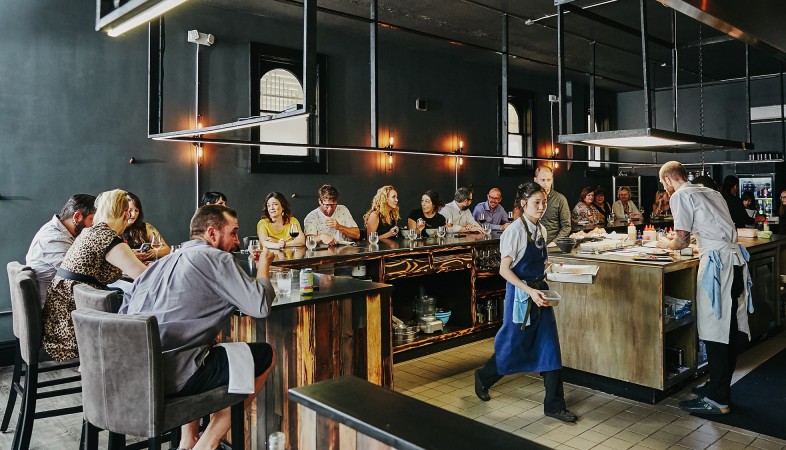SHARE
Commercials
More Posts
Mar 19, 2025
Avo Orange Salad - By Chef Pradnyavant Madhale
Apr 22, 2025
Malabar Sizzling Prawns - By Vishal Raghunath Yadav
Feb 27, 2025
Banarasi Tamatar Chat - By Chef Ashish Spencer
Jun 16, 2025
The Importance of Ventilated Spaces in Restaurants
Feb 21, 2025
Grilled Lamb Chops - By Chef Manoj Rathore
Mar 13, 2025
Til Aur Khajur Ke Ladoo - By Chef Reetu Uday Kugaji
Mar 19, 2025
Avo Orange Salad - By Chef Pradnyavant Madhale
Apr 22, 2025
Malabar Sizzling Prawns - By Vishal Raghunath Yadav
Feb 27, 2025
Banarasi Tamatar Chat - By Chef Ashish Spencer
Jun 16, 2025
The Importance of Ventilated Spaces in Restaurants
Feb 21, 2025
Grilled Lamb Chops - By Chef Manoj Rathore
Mar 13, 2025
Til Aur Khajur Ke Ladoo - By Chef Reetu Uday Kugaji
Mar 19, 2025
.png)



























